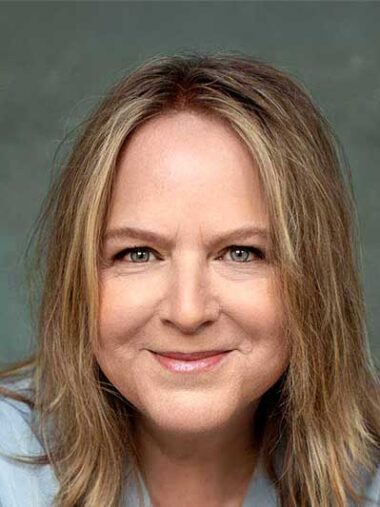
Melody Biringer
- Industry Partner
Melody Biringer calls herself a connection engineer. “I think about how I can engineer an event so that the audience gets seen and heard and connected to each other, versus going to a keynote at a hotel ballroom where you listen, get inspired, and go home.” Through her WiT Regatta Conference, she collaborates with Khoury College to bring together women in tech from around the world to meet for a week of connection in cities such as Seattle, Vancouver, and Amsterdam, with future conferences planned for Stockholm and others. “I want people to meet their best friend and their new boss at these events. We have our speakers tell real life stories so that people relate to them, then break up everyone into small groups to tell their own stories and be vulnerable with each other.”
The mission has personal value to Biringer. She notes that she did not grow up with sisters or attend university, instead starting her own business at eighteen. “I went through it by myself, having employees and being independent. I woke up one day in my early thirties, and I realized I don’t have many like-minded people to hang out with, I don’t have many friends.” She started the Crave Party, an event set in an upscale dining venue for women entrepreneurs, but everyone had to wear pajamas. “I realized this kind of connection was on everyone else’s mind.” The event was popular, and it grew every subsequent quarter.
In her larger view, loneliness is an epidemic. As adults, introverts have a hard time making friends on their own. “No one likes to walk into a room alone. They need facilitated connections. I believe connections are made one by one over a long time.” While sitting on the board of Women in Tech Seattle, Biringer encountered many women in tech fields that worked for men and heard what they were experiencing at work. She decided to switch her focus to these women. “My skills were needed there.”
In the second year of the WiT Regatta, Khoury College reached out to her, wanting to get involved. Khoury College now hosts half of the event in Northeastern University’s Seattle and Vancouver campuses. For a week, panels take place on technology, leadership, career building, with over two hundred speakers, discussions, and workshops, as well as social events and walks. Khoury College provides technology content with students, staff, and faculty leading discussions.
I hope to live in a world where we don’t have to say, ‘women in tech,’ where we’ve reached parity, where there’s no gender in tech, and we’re all just people
Biringer sees Khoury College as a leader in diversifying tech. “One thing I love about the Regatta and Khoury is the attention we can bring to inspiring role models. Girls at a younger age need the encouragement when they see other girls in every kind of class. I have seen that generation changing in the seven years of the Regatta. I hope to live in a world where we don’t have to say, ‘women in tech,’ where we’ve reached parity, where there’s no gender in tech, and we’re all just people.”